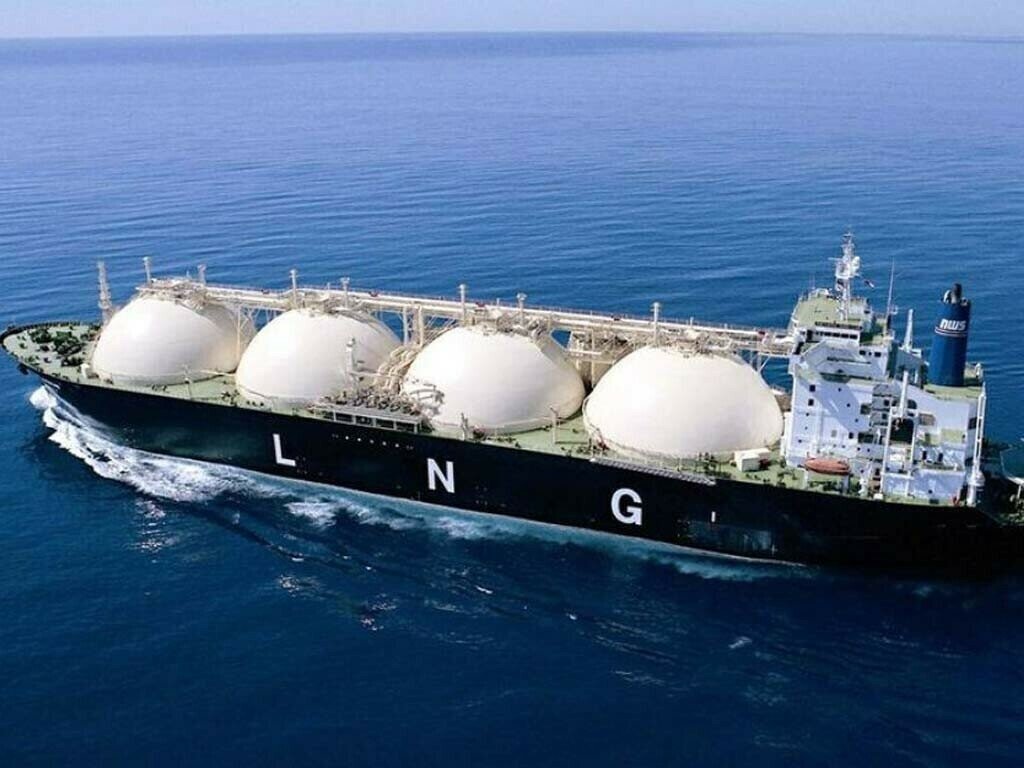The News reported on Monday that the board of Pakistan LNG Limited (PLL) has yet to decide whether to purchase a liquefied natural gas (LNG) cargo from Azerbaijan’s SOCAR for January 2025.
“The PLL board met and carried out the process of due diligence of the Sui Northern Gas Pipelines Limited (SNGPL) demand, but did not come up with any decision,” a senior official familiar with the development told the publication. “This is because there are many ifs and buts in the demand projections shared by the gas companies,” the official added.
This development follows SNGPL’s request for one additional LNG cargo in January 2025, citing an anticipated increase in gas demand.
According to the official, Pakistan is set to import 12 LNG cargoes this month and 11 in January to meet the country’s peak winter energy needs. SNGPL has urged the government to import an additional cargo for January.
“The spot price of LNG in the international market, driven by the winter season, has surged over $15 per MMBTU, while Pakistan has secured 12 cargoes under term agreements—10 from Qatar and two from ENI. In September, PLL shifted one cargo to December 2024. Similarly, for January 2025, 11 LNG cargoes have been arranged through rescheduling allowed under the term agreements,” the official explained.
The landed cost of LNG cargoes under term agreements currently stands at approximately $10 per MMBTU, but the spot price has risen to $15 per MMBTU. This disparity has made the board hesitant to approve the purchase of an additional LNG cargo.
An agreement signed between PLL and SOCAR on July 25, 2023, allows Pakistan to purchase one distressed LNG cargo per month upon request. Previously, the government would seek bids for LNG purchases, using the lowest bid to negotiate with SOCAR, which would offer the cargo at one cent below the lowest bid. However, this practice caused dissatisfaction among other bidders, who threatened to withdraw from future spot LNG bidding processes.
Now, without a price discovery mechanism, if the PLL board decides to procure LNG from SOCAR, it will need to conduct a bidding process and purchase the cargo from the lowest bidder instead of directly from SOCAR.
The gas transmission network in the country faces additional challenges. For more than three weeks, line pack pressure has remained above 5 bcf, a critical threshold that threatens the stability of the system. This high pressure is attributed to reduced gas consumption by 150 mmcf per month, leaving 18 LNG cargoes as surplus.
To manage this issue, the government has deferred five of the additional 2025 cargoes to 2026. However, given the ongoing challenges with line pack pressure, SNGPL’s request for extra LNG cargo in January 2025 has surprised top officials in the Petroleum Division.
Also Read: FBR to Seize Expensive Items and Extra Phones at Airports
